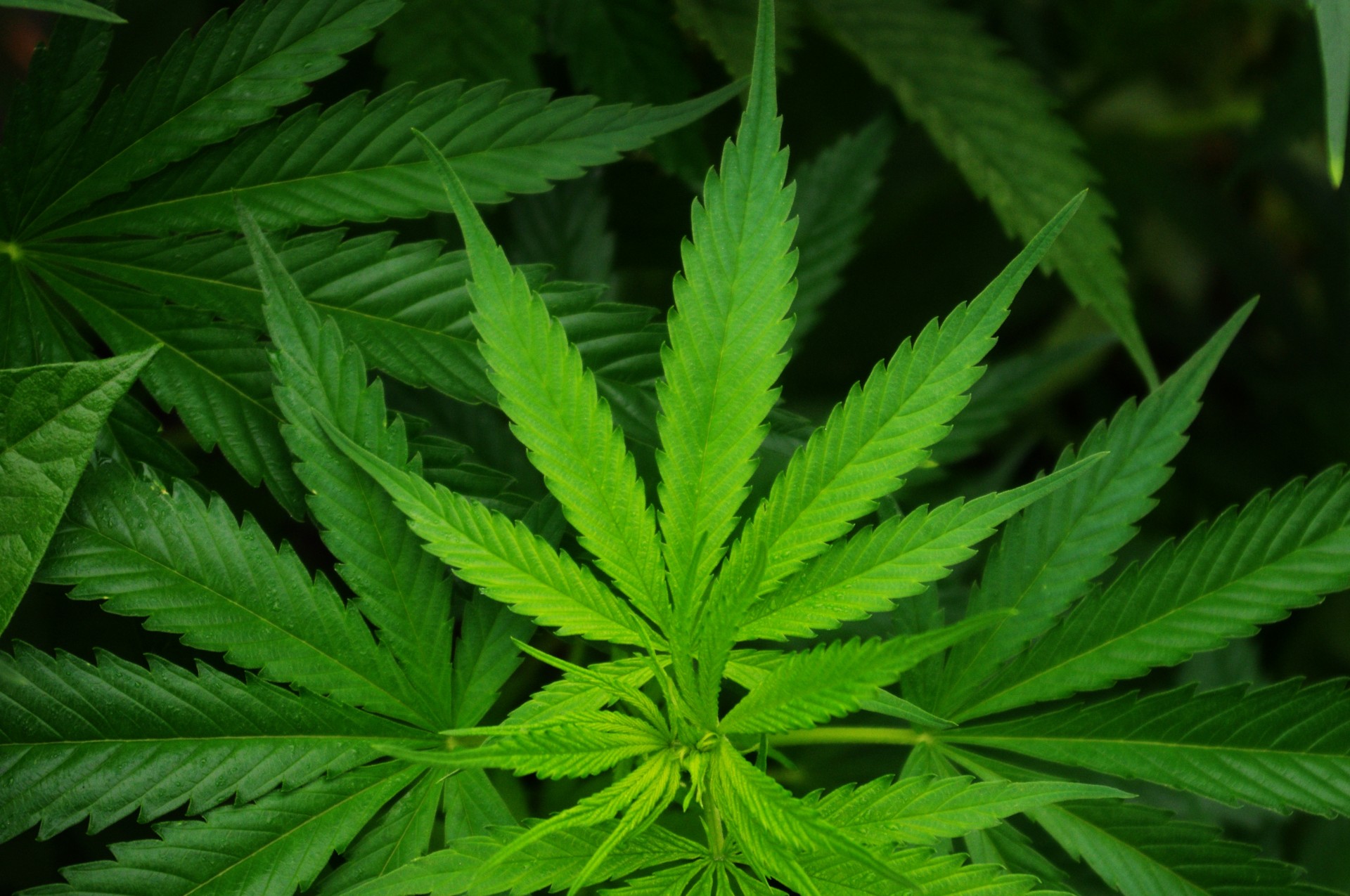Views expressed in opinion columns are the author’s own.
Legalizing marijuana would save lives.
When it comes to the legalization debate, this argument is rarely made. People will instead cite the massive incarceration criminalization creates, the lack of evidence that marijuana is more medically harmful than alcohol and the opportunity for the United States to implement taxation and regulation.
However, regulation would include the inception of a whole new sector in the U.S. economy: cannabis agriculture. This could be a huge boon to the United States’ agriculture-based economic sector, which has been slowly dying. Currently, the United States receives much of its marijuana from countries such as Colombia, Mexico and Afghanistan. These countries all feature conflict and bloody civil wars.
The drug trade fuels conflict in these countries, as cartels, rebel groups and terrorist organizations use the income from selling drugs around the world. Groups ranging from the Taliban to the Colombian FARC rebels to Mexican drug cartels feed off this income to stay financially afloat.
Legalization and regulation can change that reality. If marijuana becomes legal, the U.S. government can make it illegal to purchase it from such groups. Massive regulation could ensure the marijuana legally purchased in the country would come from only reputable sources. This would significantly hurt corrupt groups, especially those in Mexico and Colombia, which account for most of the drugs trafficked into the United States.
However, with marijuana legalization must come a serious investment to prevent the trafficking of other illegal substances like cocaine and heroin. Harsher sentencing along with heavy criminalization has been tried and both have failed. If the government can’t set criminal disincentives, it needs to set economic ones. By cutting the supply and making drug trafficking more difficult, the price of these drugs would rise dramatically, causing demand to fall. This would, in turn, decrease consumption of these harmful drugs and help bring an end to this conflict-causing trade.
These two domestic policies, if implemented concurrently, could stop wars and save tens of thousands of lives. It could de-escalate the situation in Afghanistan, help develop a healthier and more stable post-war Colombian economy and help bring an end to one of the largest current ongoing conflicts in the world.
Until that point, there are still two things University of Maryland students can and should do. Firstly, call your state legislators and tell them to legalize marijuana and invest the funds collected by its taxes in anti-drug trafficking initiatives. As evidenced by Washington and Colorado, legalization will happen in states before it happens on the federal level.
Secondly, until regulation is implemented, don’t purchase marijuana. The money you spend will help slum lords continue civil wars, further terrorist agendas and exacerbate ongoing conflicts. As student consumption of marijuana rises, this is a place where students can have a real impact. I plead with students, for the sake of thousands of people, stop illegally purchasing marijuana. You could save lives.
Moshe Klein is a junior economics and government and politics major. He can be reached at mosheylklein@gmail.com.



